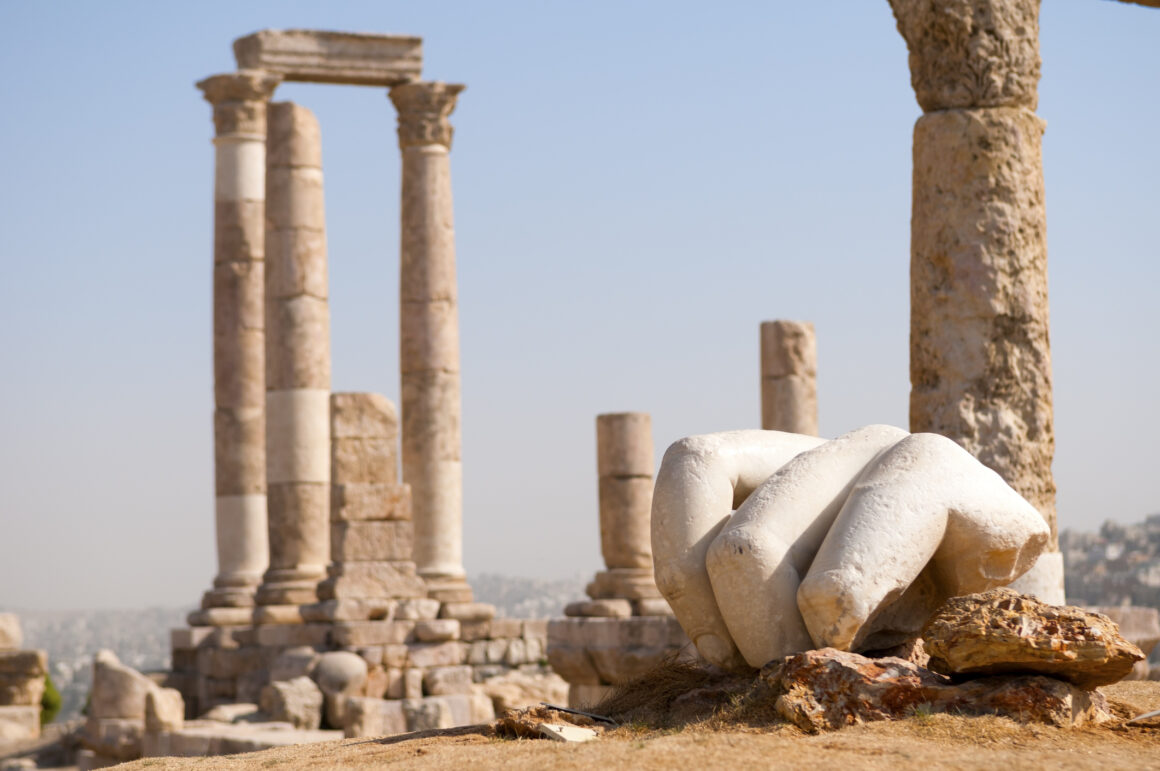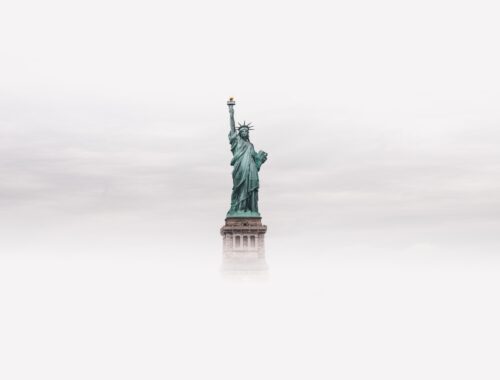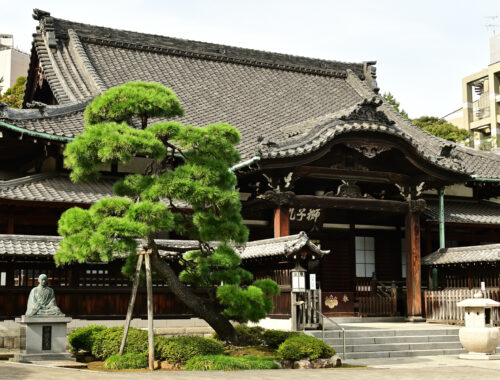
The root of all evil
Hercules was a mythological hero, son of Zeus and Alcmene (a mortal woman), the photo I chose for this article is from the hand of Hercules (ruins) in Amman, Jordan. For reasons unknown, only fragments remain of a massive statue (40 feet = 12 meters tall) from that hero.
The connection I made, and what makes me sad to write about, is the current state society is in. It seems we are locked in some state of endemic corruption:
Endemic – from Greek: en (in) demos (people) – that meaning something that is intrinsic or native to people.
Corruption – from Latin: cor (altogether/completely) rumpere (break) – as a way to describe something as completely destroyed, maybe useless as opposed to a superficial scratch.
That together meaning that corruption is now intrinsic, natural, or seen as a valid path to achieve any objective, but the problem with that state is that corrumpere is just the final song before destruction, as with Hercules statue, so if the state is widespread then destruction cannot be expected to be for a particular segment of the society, we all suffer.
The corruption I talk about is how money is the ultimate purpose of most efforts.
“The love of money is the root of all evil” (1 Timothy 6:10)
Honestly, I never gave this scripture much importance, not so many years ago this sounded like something exotic, maybe from old times. But if we see recent news or articles, we can realize that we are in the very same state now.
For instance, an old article about Boeing shows the problems of making money as the ultimate purpose.
By 2018 Boeing was already $100bn in profit but cutting workforce while at the same time rewarding their CEO with $23m. Besides numbers the problem already then was quality: they were cutting costs but not making safe airplanes. Lately Boeing has been in the news for emergencies and quality problems, still even after 5 years from another accident.
To put things in perspective, money is not a bad thing itself, but the problem starts when either we make money the ultimate purpose (for instance cutting quality) or when the amount of money start making people feel different, special, so that rules don’t apply to them.
An UC Berkeley study found that in San Francisco—where the law requires that cars stop at crosswalks for pedestrians to pass—drivers of luxury cars were four times less likely than those in less expensive vehicles to stop and allow pedestrians the right of way. They were also more likely to cut off other drivers.
A quote that has been recently shared in social networks is this: “The death of human empathy is one of the earliest and most telling signs of a culture about to fall into barbarism,” – Hannah Arendt
Empathy, defined as the understanding or sharing of the feelings of someone else has probably been morphed as only the feeling or expressing feelings part of the equation. A simple example is expressing support for low-income families but opposing to any initiative to build low-income housing close to home.
Another example are technologies or advances that were portrayed as the way to make the world a better place; but end up only being products to maximize profits.
As that level of love of money and power becomes the norm, one way to identify how we are is to check or to ask ourselves: how do we act or react when there is money or power involved, do we allow exceptions?
Money and power can produce the illusion of exceptionalism, a state where people may see themselves as apart from the world, where rules don’t apply.
In the Book of Mormon, a group of people called the Zoramites believed they were chosen by God, even while they departed from gospel teachings. Once every week the wealthy class worshiped repeating the same prayer every time “we thank thee, O God, that we are a chosen and a holy people.” and returned to their homes. At the same time the poor were not permitted to enter their synagogues to worship. (Alma 31)
The first time I read those chapters it made no sense to me, but these days we can see a similar sort of excentric display of people pretending to be special, chosen, “faithful and blessed” in words, but not following any gospel teaching centered in Christ attributes, even despising the ones that are different in faith, skin color, or simply considered inferior or not chosen, not blessed enough.
Can we find a wat out of this?
I’ve had this article in draft for months, unable to find a clear way out of this or unable to see how this may end up well. May is by design, maybe this is we way things end up.
Meanwhile, we can always stay a bit afar from it by acknowledging our privileges and opportunities, giving others a fair chance too.
On the other hand, there is still hope and some good examples around, for instance Bill Gates, will be giving away almost all his wealth through the Gates Foundation to the cause of saving and improving lives of children around the world (vaccine kits, etc.)
20 years to give away virtually all my wealth | Bill Gates
The question then is, even if we live in some sort of Titanic heading straight to hit an iceberg, have we done any good today?
We cannot wait that someone one else, one rich person fixes everything for us.
We can still help a bit here and there:
“Be the light that helps others see; it is what gives life its deepest significance.” – Roy T. Bennett




